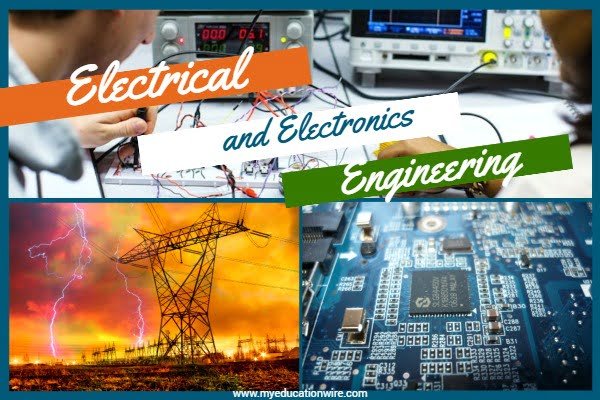Electrical and Electronics Engineering Makes Our Lives Better and Safer!
Electrical and Electronic Engineering is a field of study that deals with the design, development, and maintenance of electrical and electronic systems. This course provides an overview of the fundamental concepts and theories covered in the field. It is designed to equip students with the necessary skills and knowledge to pursue a career in the field of electrical and electronic engineering. The course is taught by experienced instructors and engineers working in the industry, providing students with a practical understanding of the field
The course covers a broad range of topics, including electric circuits, voltage, current, resistors, Ohm’s Law, solar cells, and more. Students will learn about the core concepts and theories that form the foundation of electrical and electronic engineering. The course provides a theoretical component, covered in the lecture portion, and a practical hands-on component, covered in the laboratory section [4]. Additionally, students will learn about basic digital logic, programmable logic devices, CPU and embedded system architecture, and embedded systems programming principles. This course is designed to provide students with a comprehensive understanding of the field of electrical and electronic engineering.
“Our world would be an impossible place to live in without electricity.”
It is one of the most important branches of engineering as it has helped improve our daily lives by leaps and bounds. Electricity is making our lives safer and better.
Electrical and Electronics Engineering has helped us to communicate, provide energy for our homes and workplaces, control appliances so we can do more work in less time, travel at high speeds, study the human body using medical equipment such as CT scans, etc.

